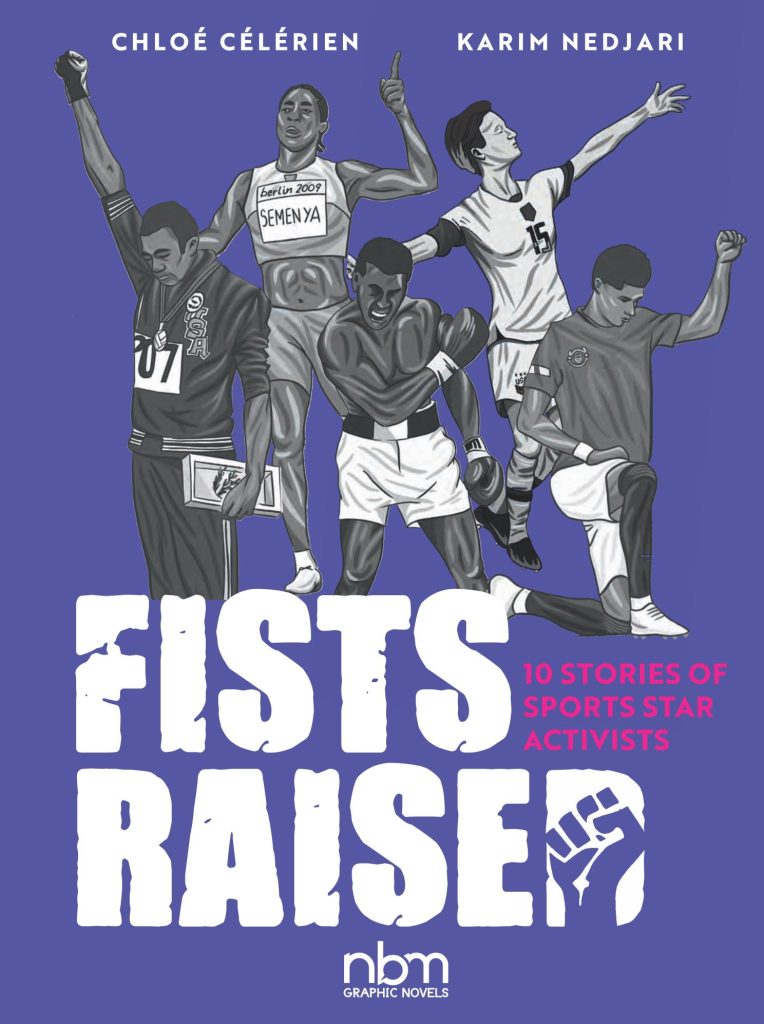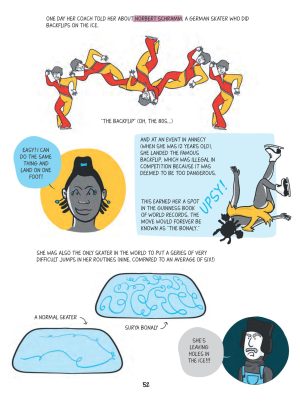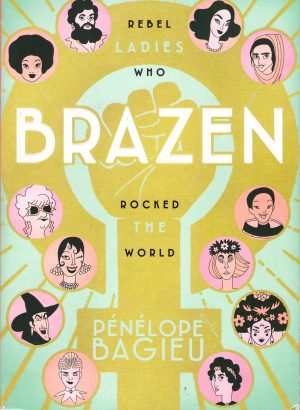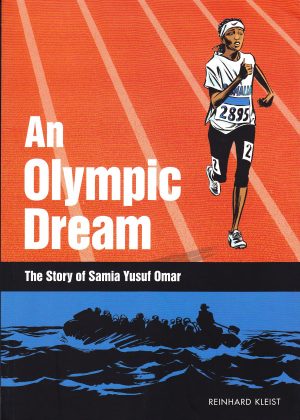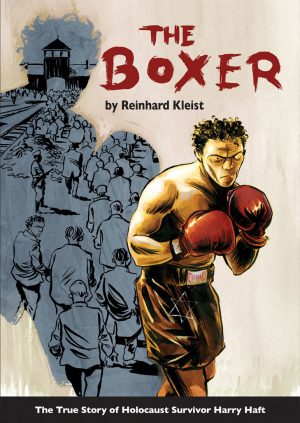Review by Ian Keogh
As the 2022 World Cup in Qatar has shown, it’s rare that sports stars take a political stance, and when they do the authorities are quick to ostracise them via threat of sanction, restraint of trade or vilification. Fists Raised takes its title from the brave stance of sprinters Tommie Smith and John Carlos at the 1968 Olympic Games, when they stood on the winners’ podium with their fists raised in the Black Power salute.
This is contextualised by Karim Nedjari and Chloé Célérien via explaining how Smith grew up in a society where prejudice against those with black skin was a way of life for others. His gesture is a defining 20th century Olympic moment, yet the immediate response was to strip him and Carlos of their medals, and it wasn’t until the early 21st century that their reputations were restored in the wider world. Smith inspired a generation, but at great personal cost.
Smith’s story is one of ten spotlights shone on the sporting world since the 1960s, and the one where the personal cost was the greatest. Forty years later Megan Rapinoe has been even more forthright and campaigned regularly, but while it’s generated hate mail and online persecution, it hasn’t greatly impacted on her career.
Nedjari and Célérien introduce, explain and comment on events featuring their selection, packing in a lot of small illustrations onto text-heavy pages, Célérien including nice little design elements and iconography where feasible. They cover a lot of information, spreading into associated issues, such as footballer Marcus Rashford’s campaign for food poverty touching on salient moments from his club Manchester United’s history, and the backward attitude to women’s rights in Japan is incorporated into sumo wrestler Hiyori Kon’s biography. These are informative stories well produced, and while Muhammad Ali’s exploits have been the subject of numerous biographies and films, he’s the only subject whose global fame extended greatly beyond his career.
It may surprise that Colin Kaepernick doesn’t rate a chapter for introducing the process of taking the knee in 2016, but he’s featured in passing during other careers. Racism is a recurring theme throughout, particularly affecting tennis player Arthur Ashe and figure skater Surya Bonali whose chosen disciplines were almost exclusively white arenas. Other topics covered are gender issues via Caster Semenya and the political activism of Brazilian football player Socrates.
Some of those spotlighted come across as confident and able to give as good as they get, Muhammad Ali, Rapinoe and Socrates among them, but some have been forced unwillingly into the spotlight or manipulated. The post-fame suffering of Romanian gymnast Nadia Comaneci under the Ceaucescu regime probably isn’t widely known, and all the more horrific for between the lines speculation left to readers. Dots are also joined between stories, with former President of the Olympic Committee Avery Brundage never short of an offensive comment.
Even sports buffs are likely to learn from Nedjari’s deep international research, and despite going back to the 1950s it’s heartbreaking to realise how little progress has been made. It’s noted that footage of all the featured stars at their athletic peak is widely available, and comes recommended in what’s a smart look at a distressing big picture.
